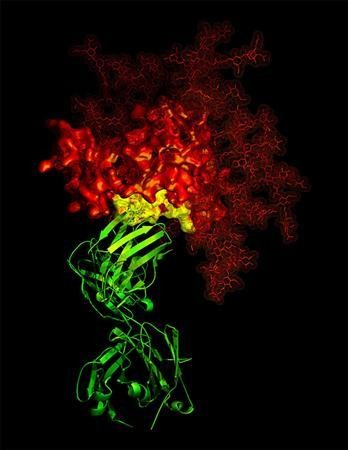Researchers have discovered a scientific breakthrough in the search for an HIV cure, which involves making the virus starve to death. The process involves using a chemical compound to block the virus cells' pipeline of sugar and nutrients.
Scientists at Northwestern Medicine and Vanderbilt University discovered that the human immunodeficiency virus (HIV) has a sweet tooth--an appetite that can become its downfall.
After the HIV virus attacks an activated immune cell, it develops a craving for sugar and nutrients from the cell. This allows the HIV cell to reproduce and powers an uncontrolled growth throughout the victim's body.
HIV can only grow in an "active" immune cell that is responding to blood pathogens (disease-causing organisms). This boosts the cell's supply of critical nutrients such as sugar.
Scientists discovered the "switch" that turns on the pipeline supplying the immune cell with sugar and nutrients, according to The Health Site.
The HIV-AIDS researchers then used an experimental compound to block the switch. This action shut down the pipeline, resulting in the HIV virus starving to death and reproducing in vitro in a test tube, according to The Indian Express.
This new HIV research is significant as it discovered the first step that commanded a T-cell (white blood cell) that was newly activated, to stock up on nutrients such as sugar. An HIV cell virus cannot grow without those building blocks.
When HIV enters a victim's bloodstream, it hunts for active CD4 (protein molecule) + T-cells, the immune system's "general." HIV then steals the cells' sugar supplies and makes millions of copies of itself, before attacking other cells.
Harry Taylor, an assistance professor of Medicine-Infectious Diseases, explained that the experimental compound could be used as an HIV drug cocktail. It would provide new ways to block HIV cell growth.
One of the main obstacles in developing effective HIV drugs is due to cell mutation. The microorganisms can morph in order to avoid drugs.
This new medical discovery could also be used for cancer treatments. Like HIV, cancer cells have a huge appetite for sugar and nutrients.
The scientists' study was published in the journal PLOS Pathogens.



























